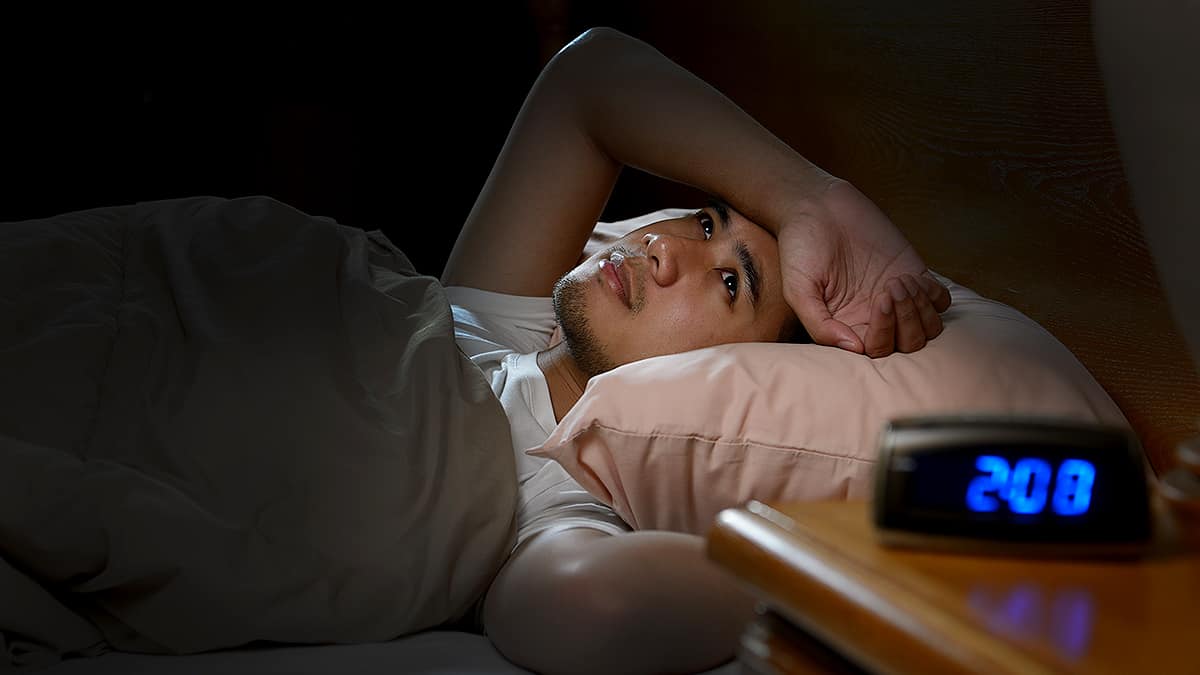Meditation can undo the effects of stress at the molecular level. It
reverses some of the changes caused by stress within your cells, minimizing damage and helping prevent premature aging.
Meditation may also reduce symptoms of anxiety, depression, and post-traumatic stress disorder (PTSD). Additionally, it can lower pain levels, improve sleep, and boost overall mental well-being.
There are many types of meditation practices to explore. When it comes to fighting stress, you may want to practice mindfulness meditation by:
- Using a smartphone app that focuses on mindfulness
- Watching a YouTube video that guides you through a mindfulness exercise
- Listening to a mindful meditation podcast
- Looking for a mindfulness center or meditation center in your city
- Taking a mindfulness-based stress reduction (MBSR) class at a local medical center, yoga center, or athletic club, in which you take an eight-week class that teaches you mindfulness exercises
- Enrolling in an MBSR class online
- Finding a therapist who specializes in mindfulness-based cognitive therapy to learn meditation exercises and closely examine how your thoughts and habits affect your mental health
You can also try simple mindfulness meditation practices on your own. The Mayo Clinic suggests performing a body scan meditation. Start by sitting or lying down on your back. Focus on your toes and notice any discomfort, itching, heat, tingling, pressure, or other sensations. Don’t judge the sensations or any thoughts that run through your mind; just notice that they’re there. Next, move your focus to your feet and pay attention to any other sensations. Slowly focus on each part of your body in turn, working your way to the top of your head.
If you regularly practice body scan meditations, you may find that your mind is increasingly able to stay focused in the present moment and that physical or mental signs of stress don’t bother you as much.
Analyze Your Coping Mechanisms
Many people turn to unhealthy habits as a way to escape their stress. Try to notice if you’re doing the same — do you feel like you need a drink after a trying day at work? Have you been reaching for cigarettes more often? Are you tempted to binge on unhealthy snacks when you’re feeling the pressure?
These habits can be symptoms of stress, but they can also worsen your mental state. Try to be honest with yourself about whether you’re relying on coping mechanisms that could negatively impact your health. Try to not only avoid these activities but also replace them with some of the healthier habits listed here.
It’s often easier to break bad habits with outside support. You may want to look into programs to help you reduce or stop your drinking, quit smoking, or eat mindfully. Working with a mental health professional can also be a very effective way to develop healthier habits and address the root causes of your stress.
Stretch Your Muscles
When you feel stressed, your muscles tend to tense up. Stretching exercises can ease this physical stress symptom. Research has also found that stretching can lower levels of stress hormones and turn on relaxation processes in your brain.
Yoga and tai chi are both types of physical activity that combine breathing exercises, meditation, and stretching. Regularly practicing one of these activities may help you avoid the effects of stress and avoid anxiety and depression.
Get Moving














